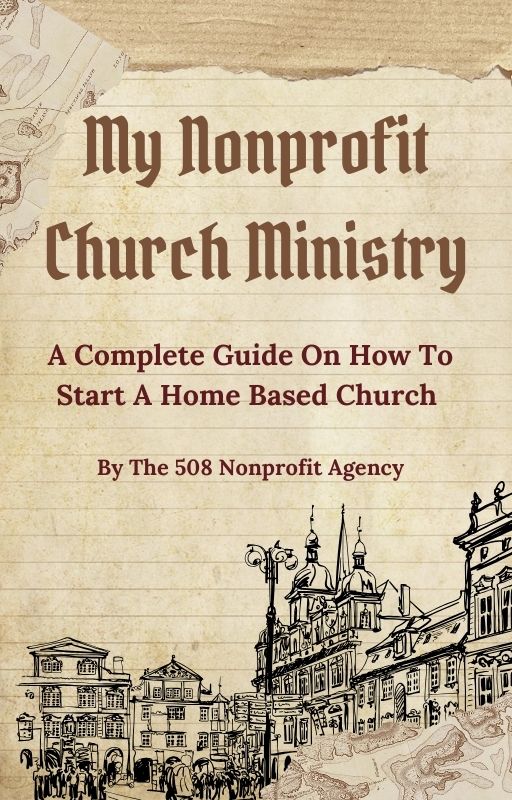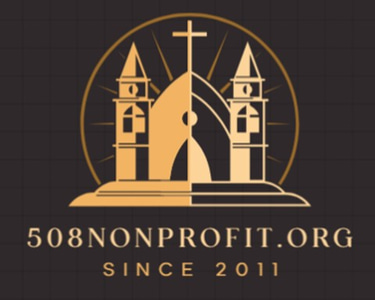
My Nonprofit Church Ministry
A Complete Guide On Starting a Home Based Church
$9.95
By structuring your church or faith-based organization correctly, your residence can function not only as a gathering space but also as a hub for charitable and spiritual activities. When organized under the protections of federal tax law, churches are generally tax-exempt, meaning they don’t pay federal income taxes on offerings or donations. In addition, many states provide exemptions from property taxes and sales taxes for recognized religious organizations.
This doesn’t mean your home instantly becomes a “tax haven” in the casual sense — you’ll still need to follow nonprofit rules carefully. But with the right steps — such as incorporating at the state level, obtaining an EIN, drafting bylaws, and, if desired, filing with the IRS for a determination letter — your home can serve as the foundation of a legally recognized, tax-exempt ministry. This allows you to carry out your mission, qualify for donor tax deductions, and even gain certain protections for your property when used primarily for religious purposes.
Many people are surprised to learn that churches don’t always need to “apply” to be tax-exempt. Under Internal Revenue Code §508(c)(1)(A), churches are automatically recognized as 501(c)(3) organizations by law. That said, most new ministries still take some important steps to stay organized and protected: they incorporate with the state, get an Employer Identification Number (EIN), adopt bylaws and other governing documents, and make sure local zoning or HOA rules allow worship in the home. Some also choose to file Form 1023 or 1023-EZ with the IRS, which provides an official determination letter — a document that gives donors extra peace of mind that their contributions are tax-deductible. IRS+1
About This eBook
This eBook contains 10 pages of information that you will need to start a Tax Exempt home based nonprofit business or Church. The cost is minimum and the tax savings are great.
Support
Contact Us: Website Form
Guarantee
Email: the508nonprofit@yahoo.com
© The 508 Nonprofit Agency - 2025 All rights reserved.
ACKNOWLEDGEMENT: Information on this website is for educational purposes only. The 508 Nonprofit Agency does not provide tax, financial, or legal advice outside of matters specifically related to Section 508(c)(1)(A). Use of our services does not establish an attorney-client relationship. While The 508 Nonprofit Agency has legal counsel to assist with Section 508(c)(1)(A) matters, we are not acting as your attorney and do not review any information or documents you provide, for legal accuracy or sufficiency. All member paid services and programs are for educational purposes only.
Live Phone Consultation Appointment
____________________________________________________________________________________________________
About Us
____________________________________________________________________________________________________
